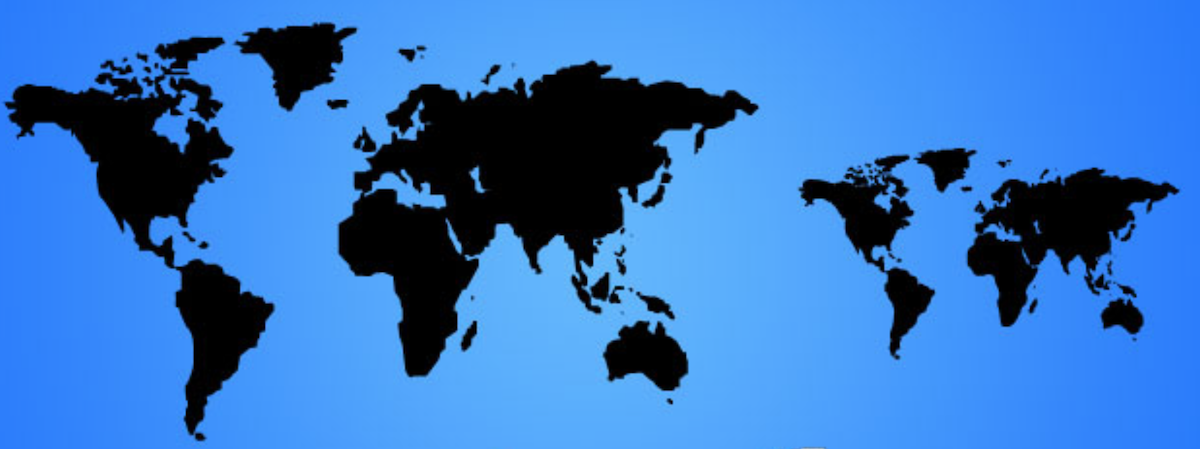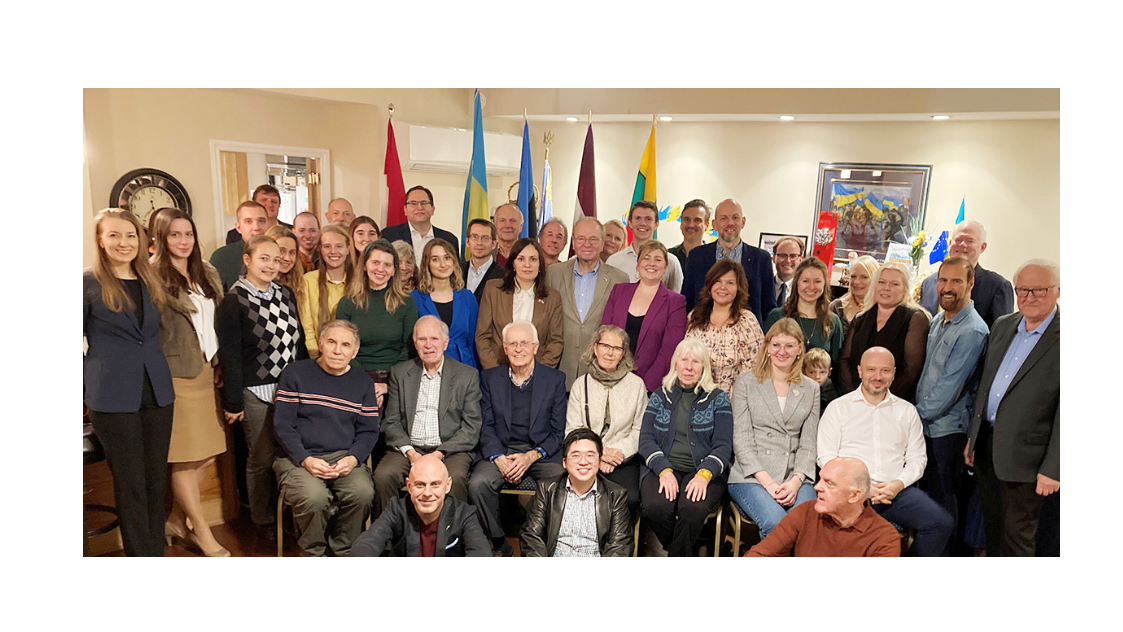Since December also includes the secular HumanLight, also Kwanzaa, Winter Solstice and Hanukkah, it should be quite acceptable to acknowledge and respect those people that observe a different religious or non-religious tradition in a pluralistic, tolerant society. It's simply calling things what they are.
The controversy about which is genuinely more inclusive during the Christmas season is a mild disagreement compared to the rigid positions taken by governments of some countries. Somalia and Tajikistan have banned outright the observation of Christmas. In Tajikistan, Santa Claus, Christmas trees and the giving of gifts are forbidden. So are fire works and festive meals. For Tajikistan, this is an anomali, since becoming independent from the captivity of the Soviet system, one would assume that the re-adoption of traditions formerly considered taboo would be enthusiastically accepted and approved.
The residents of Brunei have been told by the Sultan, that a five-year prison sentence would face those celebrating Christmas. Non-Muslims, that make up 35% of the population are allowed, however to observe the Christian tradition in their own communities as long as it is not shared with the rest of the people of Brunei. The Ministry of Religious affairs states that this may threaten the Muslim religion by damaging the creed of the community.
Albania, totally isolated during the cold war period, was the first constitutionally atheist state in the world. Christianity as a religion was banned and so was Christmas. Albania's laws set prison sentences of three to ten years for promoting religion and the production, distribution or storage of religious literature. Only after the communist regime was dismantleed in 1990 were people allowed to observe Christmas.
(Pikemalt Eesti Elu 16. dets. paberlehes)
Laas Leivat



